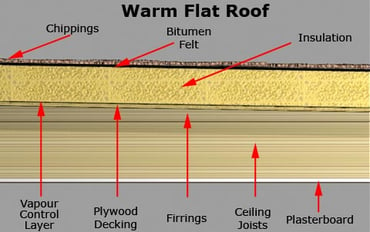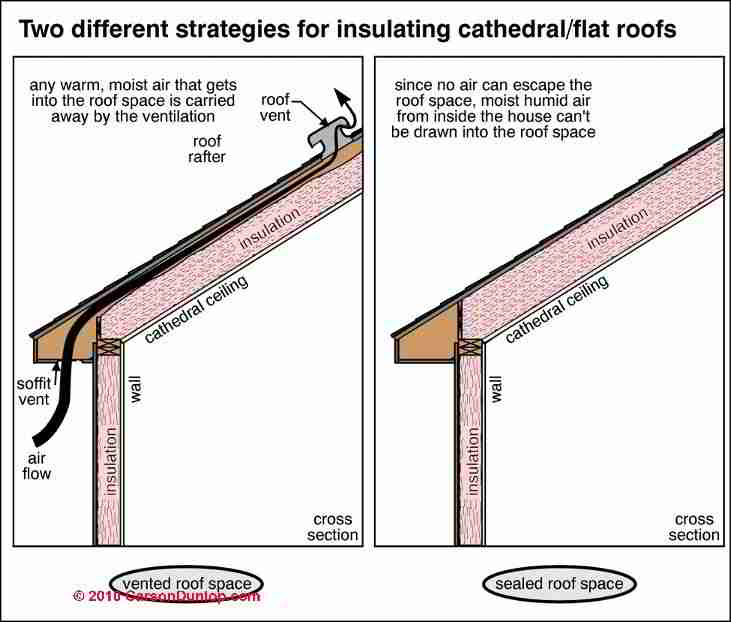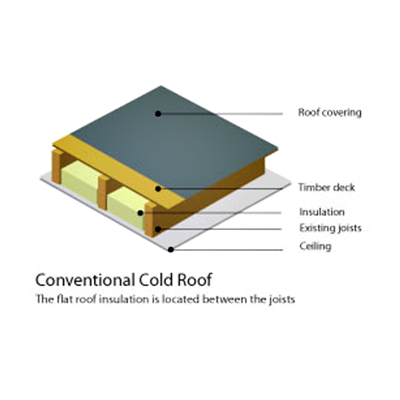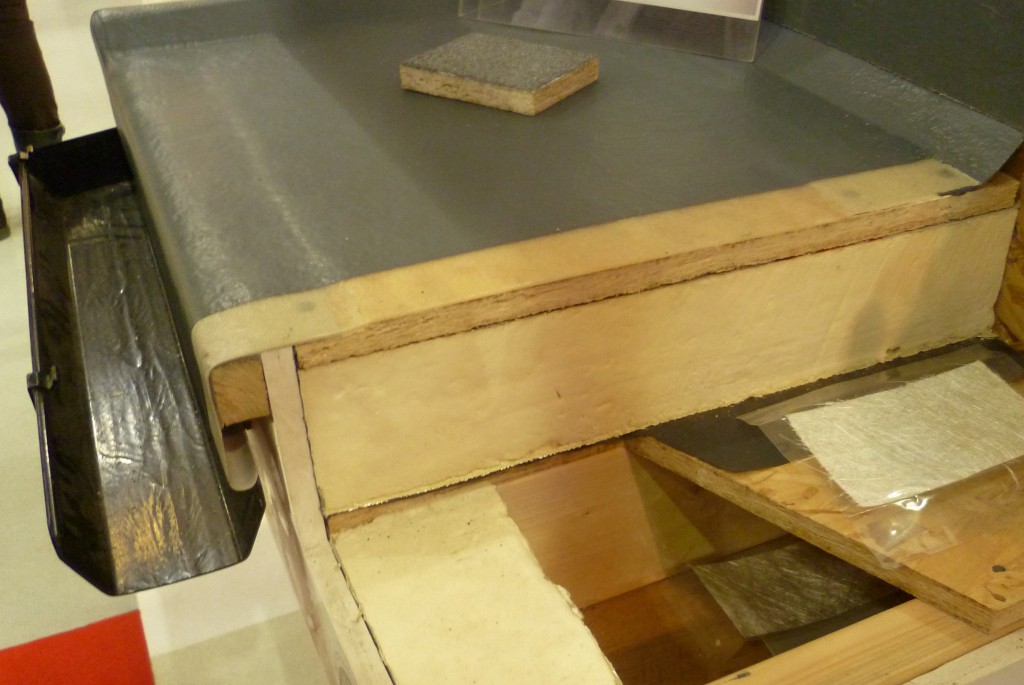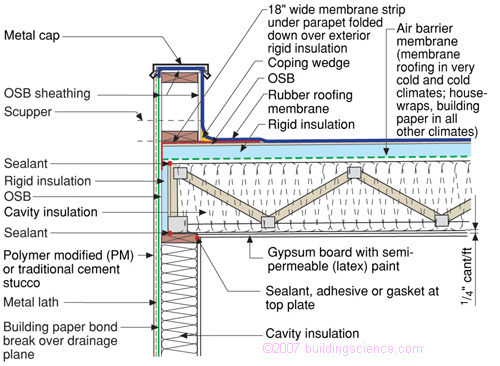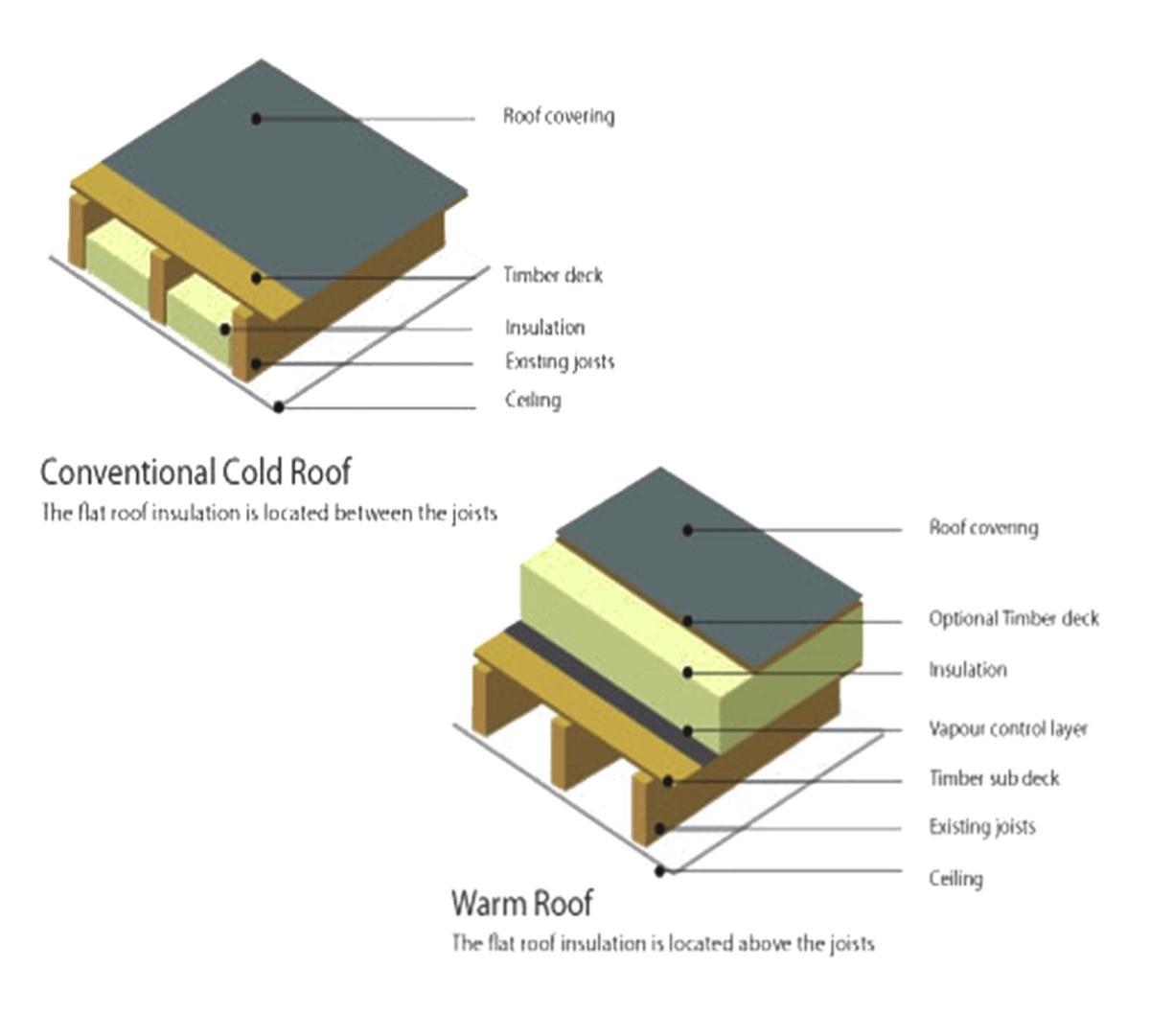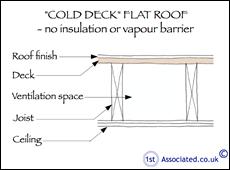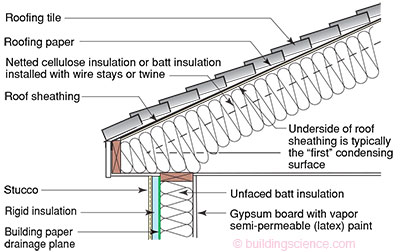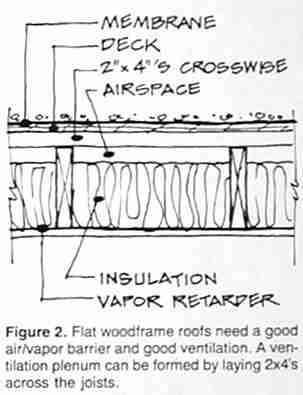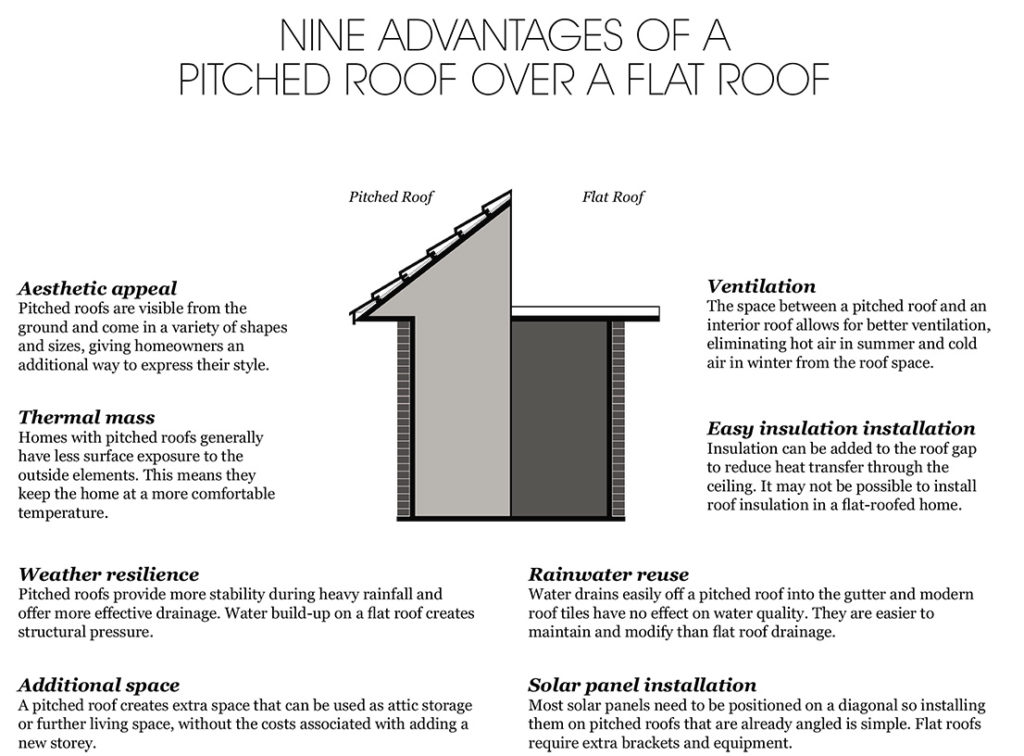Insulating Hot Cold Flat Roof

Lots of traditional flat roofs are of the cold roof construction type.
Insulating hot cold flat roof. Cold flat roof insulation. The insulation material is placed between the supporting joists leaving a gap of 50 60mm between the roof and insulation. Creating a void between the old ceiling and new is better but ideally you need to eventually consider insulating the top of the concrete roof with solid insulation and a better covering grp or epdm. For a 1 inch board equivalent of 6 r value.
Cold roof a very bad idea. We recommend having at least 20 r value worth of material for optimal energy efficiency. Warm flat roof insulation. Many properties use this option as there are no additional costs for scaffolding or organising how to gain safe access to the roof exterior.
This may help with condensation but causes such a loss of heat that it has been banned in scotland. Basically there are two options to choose from when insulating a flat roof. With a warm roof the insulation is installed on top of the existing surface rather than in between the rafters. Flat concrete roofs are generally not ventilated since the ceiling internally is generally a plaster and skim coat directly to the underside of the cold concrete.
You can expect to pay about 55 100 sq ft. There are three types of insulation solution if you have a flat roof. Installing a warm roof can be extremely straight forward and simple to do. It is top quality and the most cost effective product for your flat roof.
Basically the term cold roof refers to a traditional roof or vented roof while hot roof refers to a roof that is not ventilated and which has foam insulation attached directly to the roof sheathing. Cold roof systems are highly inadvisable as insulation from the inside will inevitably lead to the formation of condensation. Warm deck or warm roof refers to a situation where the deck of the roof which is usually made of wood is below the. While expensive the best insulation is polyiso rigid foam.
Warm roofs offer a superior thermal performance and therefore come with a higher cost. For cold flat roofs the vapour layer needs to be positioned underneath the insulation layer on top of the room below to create an effective barrier. No ventilation is required for these types of roofs. On a warm flat roof the layer is installed underneath the insulation to stop moisture interacting with it through rising thermal pressure lower down in the building.
This will enable the airflow to circulate freely. To produce a hot roof rigid insulation is fitted outside above the weatherproofing.





